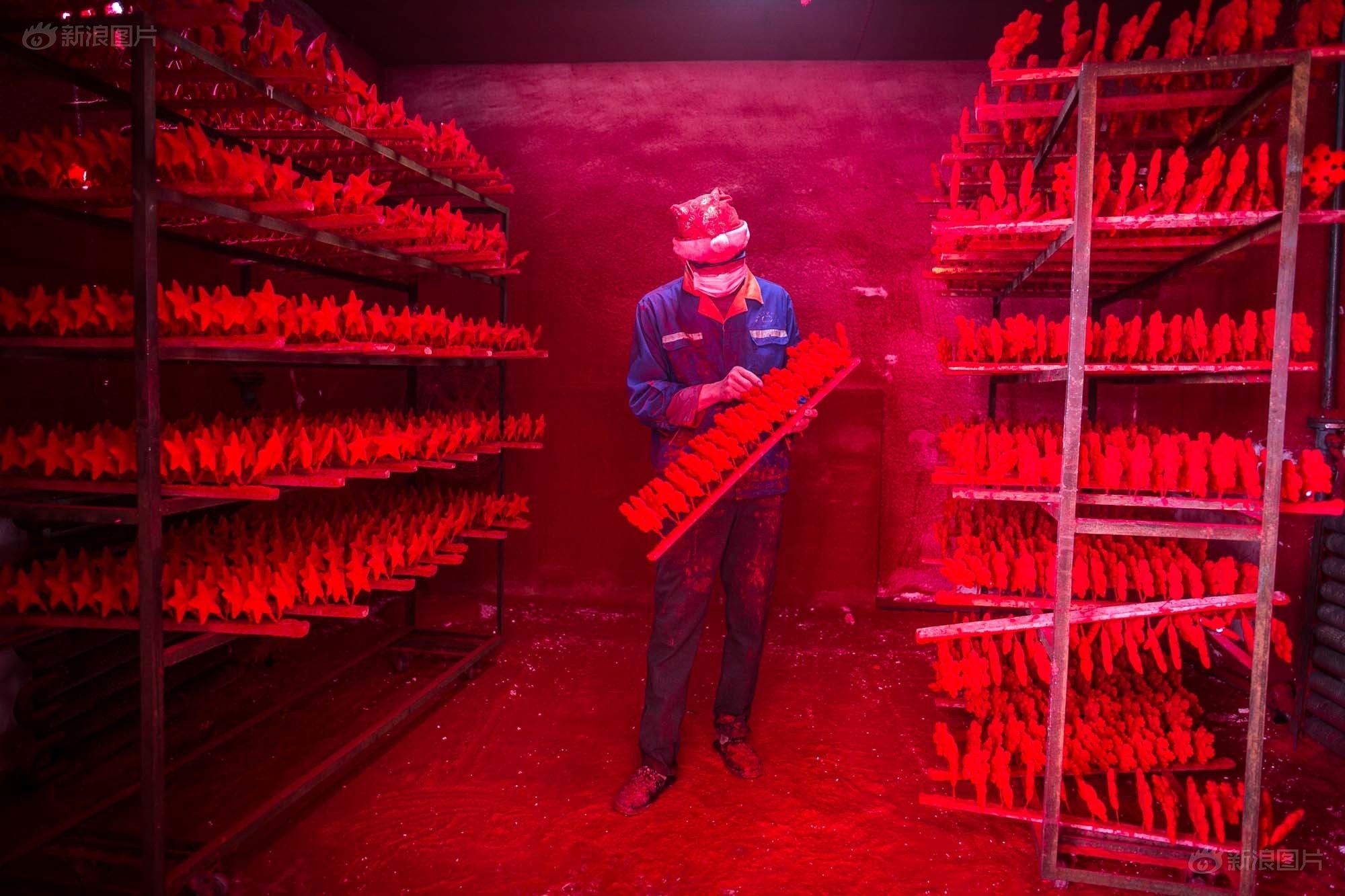An award-winning American China correspondent, Mary Kay Magistad has spent over two decades in Asia, covering topics such as North Korea, Taiwan, Sino-US relations and China's economy and society. She was the first Beijing bureau chief for National Public Radio. Last year, Magistad bid a fond farewell to China. Here she gives an overview of her time.
On first coming to China
I’d been based in Southeast Asia for NPR, at a time when feelings about China in the region were changing from wariness to cautious hope. I grew interested in seeing what China was like from the inside, and persuaded my foreign editor to let me open NPR’s first official bureau in China.
On early memories
The first time I visited China was June 1989. I had a visa to go to North Korea, which I had to pick up in Beijing… I was expecting more chaos than was immedicately apparent on my way in from the airport. It took no time at all, after that, to take in the magnitude of what had happened, and the depth of the shock, tension and betrayal that many people felt.
On the biggest changes
[In 1989] Beijing was still a city of bicycles. It was more monochromatic, with many people in blue-and-gray garb, and surly staff in shops and restaurants. And there was still the baffling system of Foreign Exchange Certificates for foreigners.
When I came back in early 1995, it felt like someone had flipped a switch and turned on the Technicolor. There was, literally, more color – but also more hustle, more activity, more of a palpable sense that you could make something of your own life… but also, an accompanying anxiety that – if you didn’t put in the effort – you’d be left behind.
China has continued to evolve and change, to become more wealthy and market-oriented, more confident and more muscular as a global power. At the same time, many individual Chinese have become more affluent, more sophisticated, more aware of their rights as citizens and willing to speak out if they feel those rights aren’t being respected.
Another seismic change… is the shift from being predominantly rural to predominantly urban. And with the furious pace of building up and out, has come a growing use of coal, a huge spike in pollution, and increasing awareness that the human cost… is unsustainably high.
The government now faces significant challenges, with a slowing economy, growing income disparity, and rising expectations from an increasingly empowered population.
On being a “recovering foreign correspondent”
For someone who’s interested in the world, likes meeting interesting people and being made to think and grow, being a foreign correspondent is pretty addictive.
Indeed, when I told a fellow correspondent I was thinking of naming my blog recoveringforeigncorrespondent.com, she shook her head with mock moroseness and said, ‘You never recover.’ How is my prognosis? I doubt I’ll ever recover either, after almost three decades abroad, reporting in some 40 countries. It permanently changes your perspective on the world – in a good way.
On Beijing’s view of media
My experience, over the 14 years I lived in and covered China, was that… there was [before] an apparent underlying understanding of what foreign correspondents do. Lately, that seems that has given way to a belief, at least in some quarters, that foreign correspondents have nefarious intent, and are looking for ways to attack China. In truth, most of us would approach reporting in our own country, or in any other country, no differently.
On the difficulties of leaving
It was certainly bittersweet. I loved living in China, and getting to know some of the extraordinary and courageous people I did. I expect I’ll continue to stay in touch and stay connected with China for a long time to come.
On her changing sense of identity
Living outside the United States since 1984 has made me appreciate that there’s more than one way to look at most issues, and to reexamine the paradigms I grew up with. I imagine that’s true for many long-term expats. You’re still a citizen of your own country, but also a citizen of the world.
On advice for young writers
Relax, maintain a sense of humor, and don’t sweat the small stuff. Always look for the story behind the story; don’t be afraid to break away from the crowd and do something different… Get out of Beijing and travel… Leave yourself open to random encounters, experiences, and conversations; they often turn out to be the most memorable.
// Follow Mary Kay Magistad’s post-China adventures at recoveringforeigncorrespondent.com






















0 User Comments